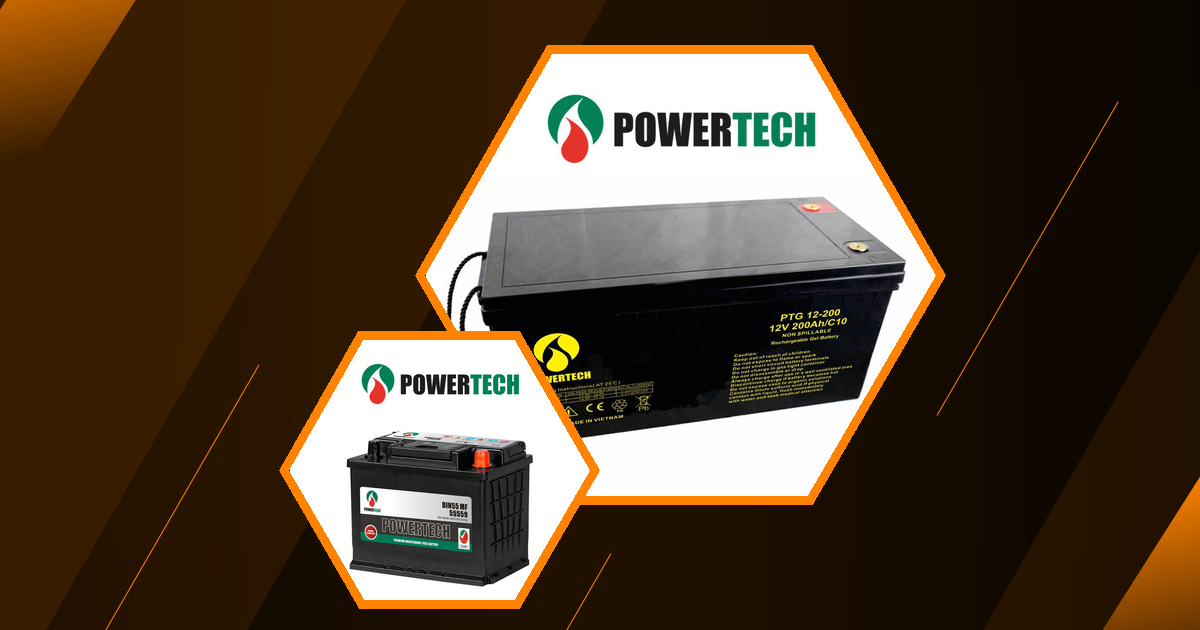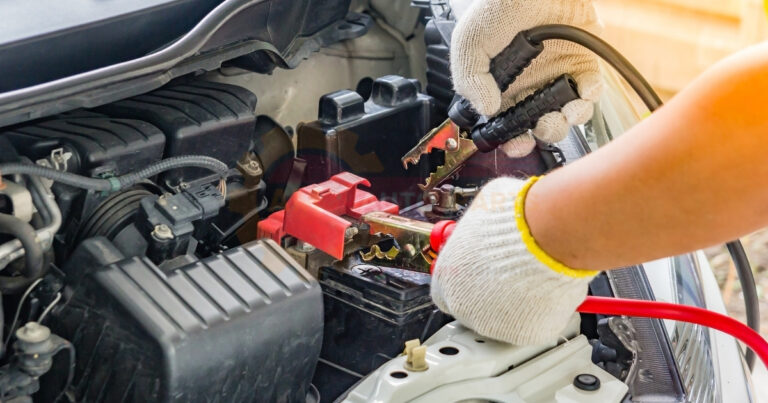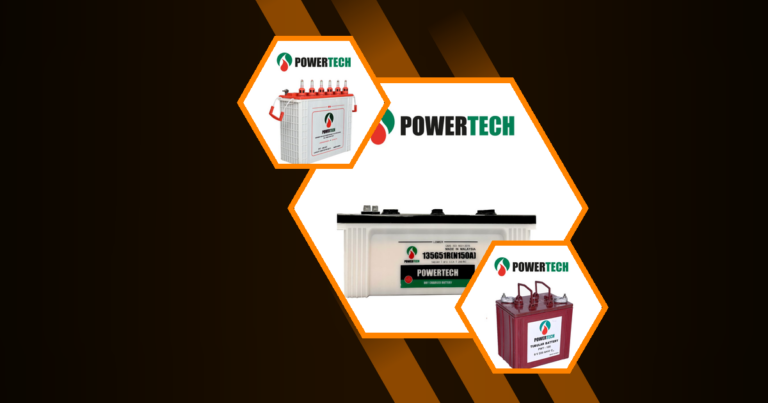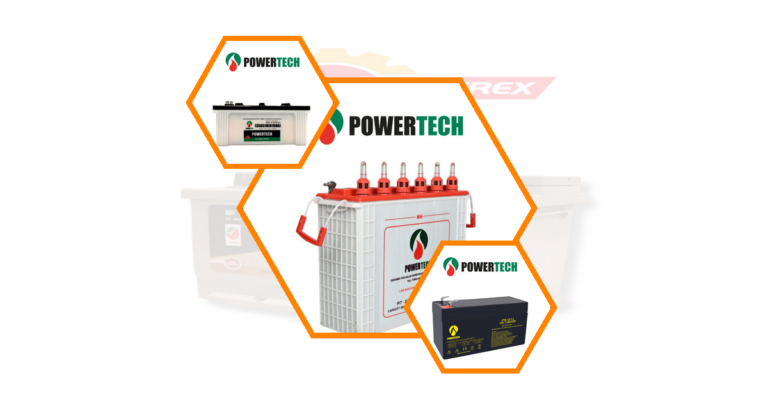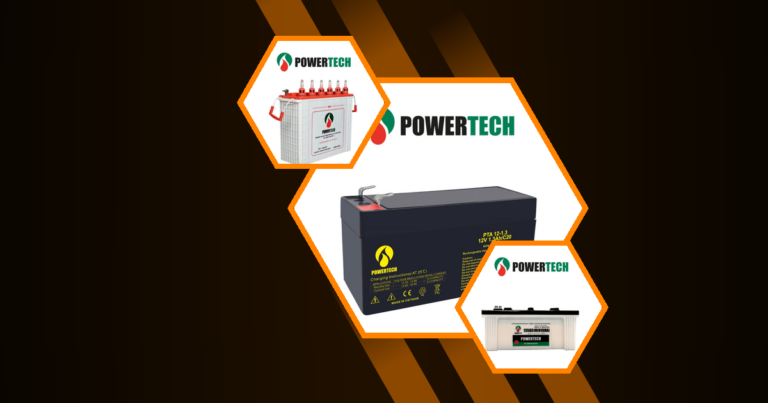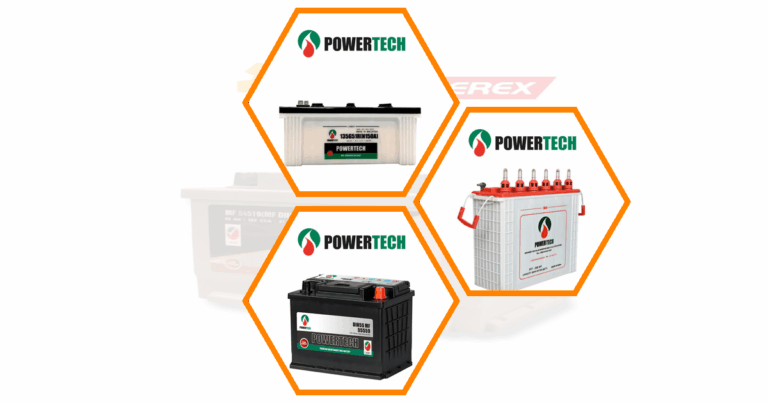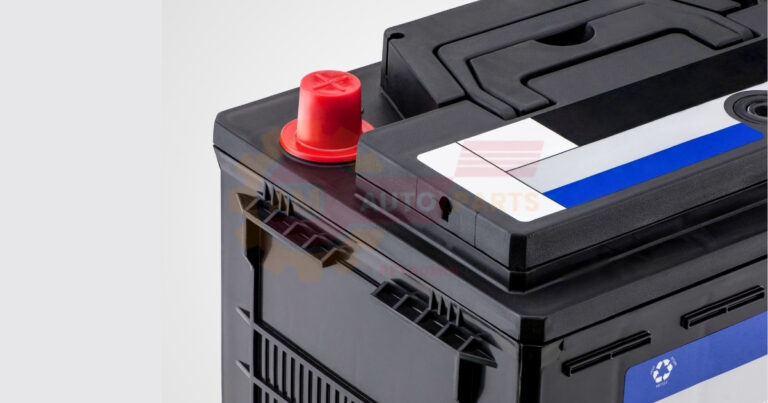Importance of Proper Battery Management
Proper battery management is crucial for maintaining the longevity and efficiency of RV batteries. Overcharging can lead to reduced battery life, increased maintenance costs, and potential safety hazards. By understanding the dynamics of battery management, RV owners can ensure their power systems are both safe and efficient.
- Prolongs battery lifespan
- Reduces maintenance costs
- Enhances safety and efficiency
Common Causes of RV Battery Overcharging
Overcharging in RV batteries often results from improper charging practices or faulty equipment. Common causes include using incompatible chargers, malfunctioning voltage regulators, and lack of regular maintenance. Identifying these causes can help prevent damage and ensure optimal battery performance.
- Incompatible chargers
- Faulty voltage regulators
- Lack of maintenance
LiFePO4 Batteries in RVs
Advantages of LiFePO4 Batteries for RV Use
LiFePO4 batteries are increasingly popular in RVs due to their numerous advantages. They offer a longer lifespan, higher efficiency, and are more environmentally friendly compared to traditional lead-acid batteries. These benefits make them an ideal choice for modern RV enthusiasts.
- Longer lifespan
- Higher efficiency
- Environmentally friendly
Charging Characteristics of LiFePO4 Batteries
LiFePO4 batteries have unique charging characteristics that require specific attention. They charge faster and more efficiently, but require precise voltage regulation to prevent overcharging. Understanding these characteristics is essential for maintaining battery health.
- Faster charging
- Efficient energy use
- Requires precise voltage regulation
Alternator-Based Charging Systems
Direct Alternator to Battery Connections
Direct alternator connections can be a simple and effective way to charge RV batteries. However, without proper regulation, they can lead to overcharging. Ensuring the alternator is compatible with the battery type is crucial for safe charging.
- Simple charging method
- Risk of overcharging
- Compatibility is key
High-Output Alternators for RV Applications
High-output alternators provide more power, making them suitable for larger RVs with greater energy demands. They can efficiently charge multiple batteries but require careful management to prevent overcharging.
- Suitable for larger RVs
- Efficient for multiple batteries
- Requires careful management
Voltage Regulation in RV Electrical Systems
Role of Voltage Regulators in Preventing Overcharging
Voltage regulators play a critical role in maintaining the correct voltage levels in RV electrical systems. They ensure that batteries receive the right amount of charge, preventing overcharging and extending battery life.
- Maintains correct voltage levels
- Prevents overcharging
- Extends battery life
External Alternator Regulators for Enhanced Control
External alternator regulators offer enhanced control over the charging process. They allow for precise adjustments, ensuring that the battery receives optimal charging without the risk of overcharging.
- Enhanced control
- Precise adjustments
- Optimal charging
Battery Management Systems (BMS) for RV Applications
Functions of a BMS in Preventing Overcharging
A Battery Management System (BMS) is essential for preventing overcharging in RV batteries. It monitors battery health, regulates charging, and provides protection against overcharging and other potential issues.
- Monitors battery health
- Regulates charging
- Provides protection
Integration of BMS with RV Electrical Systems
Integrating a BMS with RV electrical systems ensures seamless operation and enhanced battery protection. It allows for real-time monitoring and adjustments, optimizing battery performance and safety.
- Seamless operation
- Real-time monitoring
- Enhanced protection
Solar Charge Controllers in RV Battery Systems
MPPT vs. PWM Controllers for RV Use
Solar charge controllers are vital for managing solar energy in RVs. MPPT controllers are more efficient, converting more solar energy into usable power, while PWM controllers are simpler and more cost-effective. Choosing the right controller depends on your specific energy needs and budget.
- MPPT: More efficient
- PWM: Cost-effective
- Depends on energy needs
Configuring Solar Controllers to Prevent Overcharging
Proper configuration of solar controllers is essential to prevent overcharging. This involves setting the correct voltage levels and ensuring compatibility with the battery type. Regular checks and adjustments can optimize performance and safety.
- Set correct voltage levels
- Ensure compatibility
- Regular checks and adjustments
AC/DC Converters and Battery Charging
Proper Setup of Converters to Avoid Overcharging
AC/DC converters must be set up correctly to avoid overcharging RV batteries. This includes selecting the right converter for your battery type and ensuring it is properly calibrated. Regular maintenance and checks are also important.
- Select the right converter
- Proper calibration
- Regular maintenance
Balancing Multiple Charging Sources in RVs
Balancing multiple charging sources, such as solar panels and alternators, is crucial for efficient power management. This involves coordinating the different sources to ensure the battery receives a balanced charge without overloading.
- Coordinate multiple sources
- Ensure balanced charge
- Prevent overloading
Signs and Symptoms of RV Battery Overcharging
Visual Indicators of Overcharging
Visual indicators of overcharging include swelling, leaking, and discoloration of the battery. These signs suggest that the battery is receiving too much charge, which can lead to damage and reduced lifespan.
- Swelling
- Leaking
- Discoloration
Performance Issues Related to Overcharging
Overcharging can lead to performance issues such as reduced battery capacity and efficiency. These problems can affect the overall performance of the RV’s electrical system, leading to increased maintenance costs.
- Reduced capacity
- Decreased efficiency
- Increased maintenance costs
Preventing RV Battery Overcharging
Regular Maintenance and Inspection
Regular maintenance and inspection are key to preventing overcharging. This includes checking voltage levels, inspecting charging equipment, and ensuring all components are functioning correctly.
- Check voltage levels
- Inspect charging equipment
- Ensure proper functioning
Upgrading Charging Components for Better Protection
Upgrading charging components can provide better protection against overcharging. This includes using advanced chargers, voltage regulators, and battery management systems to ensure optimal performance and safety.
- Use advanced chargers
- Install voltage regulators
- Implement battery management systems
Troubleshooting RV Battery Overcharging Issues
Diagnosing the Source of Overcharging
Diagnosing the source of overcharging involves checking the charging system, battery, and related components. Identifying the root cause can help in implementing effective solutions to prevent further issues.
- Check charging system
- Inspect battery
- Identify root cause
Steps to Resolve Overcharging Problems
Resolving overcharging problems requires a systematic approach. This includes repairing or replacing faulty components, recalibrating charging systems, and implementing preventive measures to avoid future issues.
- Repair or replace components
- Recalibrate systems
- Implement preventive measures
Best Practices for RV Battery Charging and Maintenance
Optimal Charging Voltages for Different Battery Types
Different battery types require specific charging voltages for optimal performance. Understanding these requirements and adjusting charging systems accordingly can prevent overcharging and extend battery life.
- Understand voltage requirements
- Adjust charging systems
- Extend battery life
Seasonal Considerations for RV Battery Care
Seasonal changes can affect battery performance and charging needs. Adjusting maintenance practices and charging systems according to the season can optimize battery health and efficiency. Marine battery maintenance Keep your boat’s battery clean and check water levels regularly to ensure it works well for a long time Battery selection guide Choose the right battery for your device by looking at size voltage and how long it lasts
- Adjust maintenance practices
- Adapt to seasonal changes
- Optimize battery health
Advanced RV Battery Protection Devices
Alternator Protection Devices
Alternator protection devices safeguard the alternator and battery from overcharging and other issues. They ensure that the alternator operates within safe limits, preventing damage and extending its lifespan.
- Safeguard alternator
- Prevent overcharging
- Extend lifespan
Battery Isolators and Separators
Battery isolators and separators are essential for managing multiple batteries in an RV. They prevent overcharging by ensuring that each battery receives the correct amount of charge, optimizing performance and safety.
- Manage multiple batteries
- Ensure correct charging
- Optimize performance
FAQs
What voltage is too high for RV batteries?
A voltage above 14.8 volts is generally considered too high for most RV batteries. This level can lead to overcharging, causing damage and reducing battery life. Regular monitoring and proper voltage regulation can prevent these issues.
Can you overcharge a LiFePO4 battery in an RV?
Yes, it is possible to overcharge a LiFePO4 battery in an RV if not properly managed. Overcharging can lead to reduced efficiency and potential damage. Using a Battery Management System (BMS) can help prevent overcharging and maintain battery health.
How do I know if my RV battery is overcharging?
You can identify overcharging in your RV battery by checking for specific signs such as excessive heat, swelling, or leaking. These symptoms indicate that the battery is receiving too much charge, which can lead to damage. Regular monitoring and maintenance can help prevent these issues.
